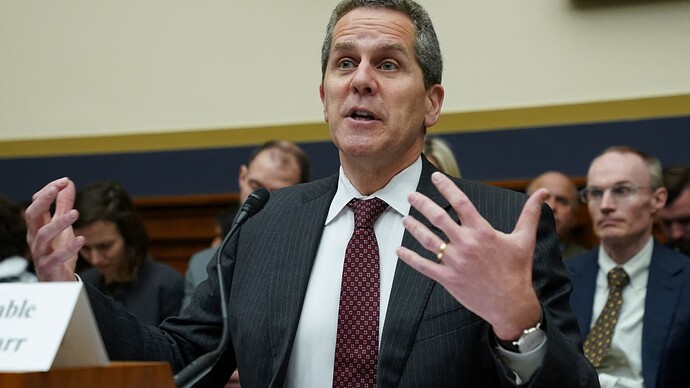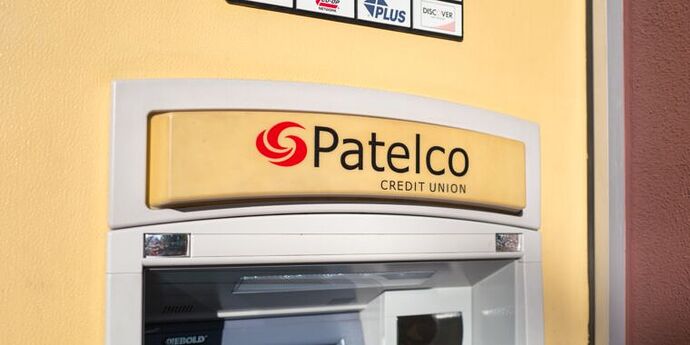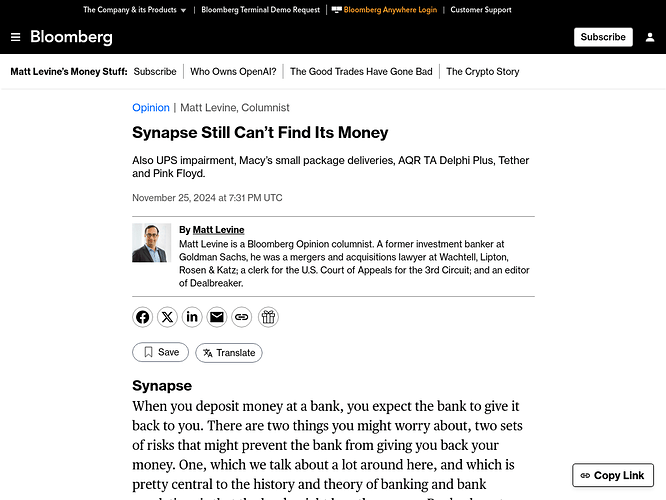Fintech gone wrong. Levine on the other banking risk - not that they lose you money in bad investments, but they lose the records that they owe you anything and won’t pay…
https://www.bloomberg.com/opinion/articles/2024-11-25/synapse-still-can-t-find-its-money
When you deposit money at a bank, you expect the bank to give it back to you. There are two things you might worry about, two sets of risks that might prevent the bank from giving you back your money. One, which we talk about a lot around here, and which is pretty central to the history and theory of banking and bank regulation, is that the bank might lose the money…
The other risk, which we talk about less, and which is sort of less intellectually interesting, is that the bank might lose track of the money. You might go to the bank and deposit $100, and the bank might write down “$100” next to your name in its notebook, and then it might spill coffee on the notebook and be unable to read the entry and forget that it owes you the $100. And then you might come back to the bank in a week and ask for your $100 back and the bank might say “who are you? what $100?” And the bank might be totally solvent and have invested your $100 in very safe things, but it won’t give it back to you because it doesn’t have a record of you.
The proper amount of losing track of the money is none.
And this risk is harder to fix after the fact. If a bank loses all your money, the FDIC can give you your money back, because the FDIC is the government and can print money. If the bank loses its list of who has the money, what can the FDIC do? You can go to the FDIC and say “that bank owes me $100,” but anyone can say that, whether or not it is true. The definitive list of who the bank owes money is kept by the bank. Unless it isn’t. If the bank doesn’t keep a definitive list, then nobody does.
I have never really understood the Synapse situation, but in my defense Synapse doesn’t understand it either.
The banking-as-a-service middleman to lots of fintech startups put their funds in lots of real banks, moving around funds for optimized yields and so forth. Until the middleman went bust and no longer provided the list of whose money went where at the customer level. Oops.
That is, if you used a fintech to save money, that fintech put your money in real banks, but it didn’t know which ones: Synapse routed the money to the banks, moved it around between them, and kept track of whose money was where. The only one keeping the ledger was Synapse, and when it went chaotically bankrupt nobody knew where the money was.
The most recent bankruptcy trustee’s report notes that Synapse has “made available to all Partner Banks on a confidential basis all Synapse ledger data and records,” which they have used to reconcile their ledgers and distribute most (not all) of the money to customers. And, “although many end users still have not received the amount of deposits due to them based on the Synapse ledger, the estate does not have the funds to implement an independent reconciliation nor any remaining operations or employees to participate in these efforts.” Synapse, which was in charge of keeping track of where the money is, no longer has anyone around to figure it out.
25% of the money is sitting in the banks and not connected to the depositors like this one.
When she and her husband sold the house last year, they stowed away the proceeds, $282,153.87, in what they thought of as a safe place — an account at the savings startup Yotta held at a real bank.
Morris, like thousands of other customers, was snared in the collapse of a behind-the-scenes fintech firm called Synapse and has been locked out of her account for six months as of November. She held out hope that her money was still secure. Then she learned how much Evolve Bank & Trust, the lender where her funds were supposed to be held, was prepared to return to her.
“We were informed last Monday that Evolve was only going to pay us $500 out of that $280,000,” Morris said during a court hearing last week, her voice wavering. “It’s just devastating.” …
Abandoned by U.S. regulators who have so far declined to act, they are left with few clear options to recoup their money.
In June, the FDIC made it clear that its insurance fund doesn’t cover the failure of nonbanks like Synapse, and that in the event of such a firm’s failure, recovering funds through the courts wasn’t guaranteed.





